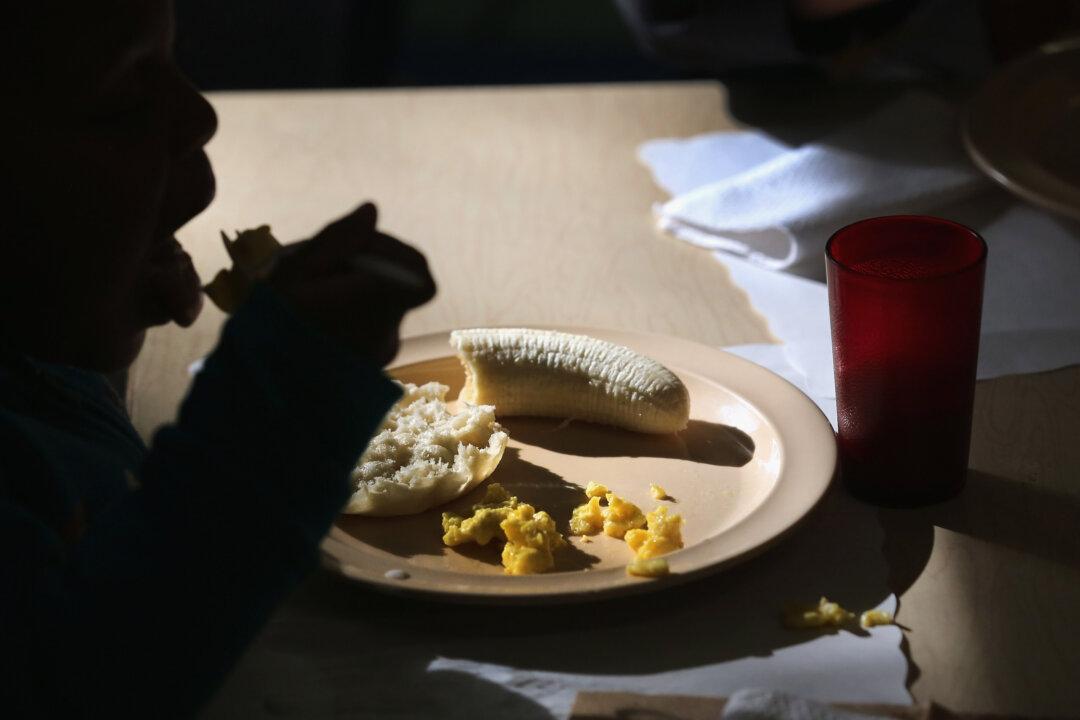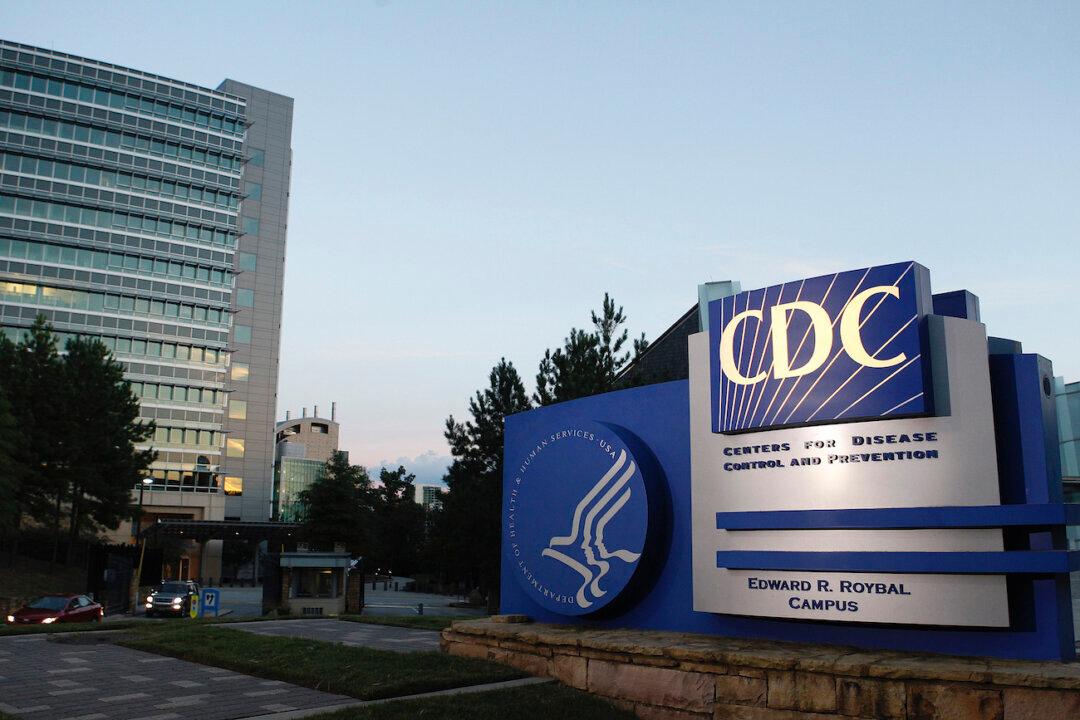The U.S. Department of Agriculture Food Safety and Inspection Service (FSIS) has made it a priority ahead of schools reopening to address the importance of food safety.
In a news release on Aug. 18, the FSIS highlighted several ways to make sure that food safety isn’t one of the concerns that parents and guardians have to worry or stress over amid the CCP virus pandemic.





